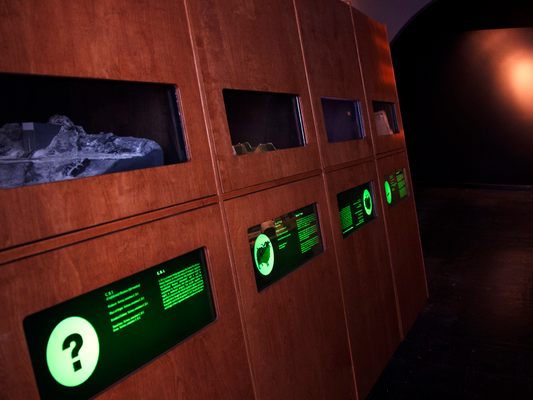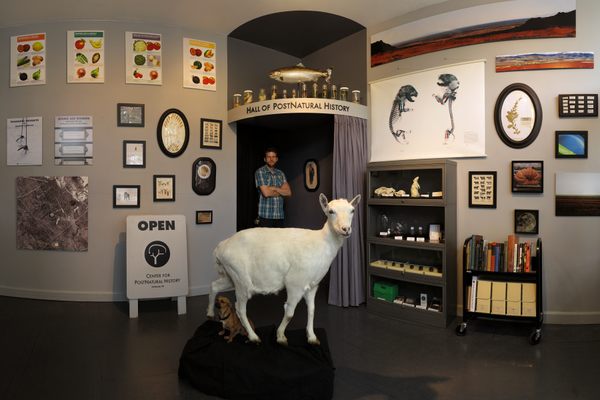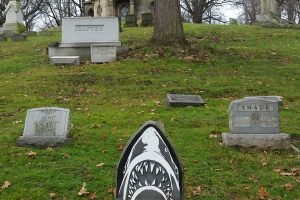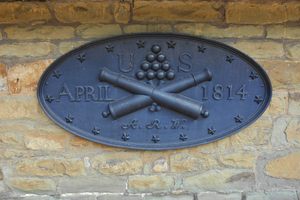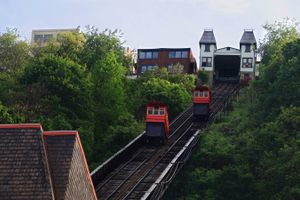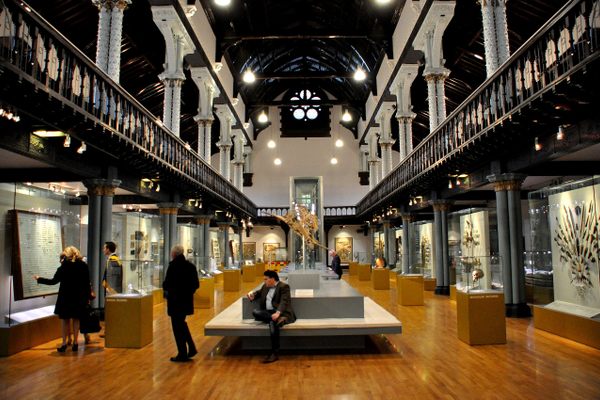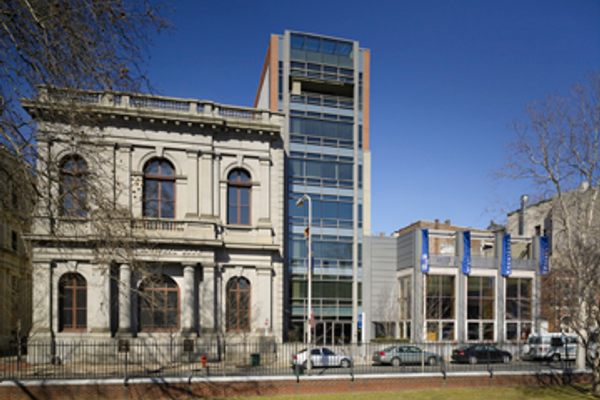About
The Center for PostNatural History aims to fill the gaping omission left by typical natural history museums.
Traditional museums document organisms as they naturally live and develop in their environment. The CPNH takes the process one step further by presenting life-forms that have been intentionally altered by human beings through artificial selection and/or genetic engineering. These organisms range from milk cows and house cats to ‘atomic’ rodents exposed to radiation during and after the Manhattan Project.
Genetically modified organisms have certainly influenced human life in unusual and beneficial ways. The Biosteel company engineers goats that produce milk infused with spider-silk protein for use in bulletproof protection. Transgenic mosquitoes have been modified to reject malaria-causing parasites. Brine shrimp (better known as sea monkeys) have been entertaining children for decades.
Visitors may be startled by the realization that humans began modifying organisms around 10,000 years ago and that most of our household veggies and pets are the result of extensive refashioning. Our early ancestors manipulated elements of organisms by selectively breeding plants and animals with desired traits. Strategies for altering organisms remained relatively constant until the 20th century, when genetic engineering exploded. Researchers can now swap DNA between different creatures as well alter an organism’s DNA using chemicals or radiation.
The mission of CPNH is to collect, preserve, and catalogue an archive of postnatural creatures and information that contributes to public knowledge. The museum ideally looks for live specimens that may be maintained and exhibited, such as GloFish, which have been modified to luminesce under UV light. A vast array of postnatural corpses is equally fascinating. Lab mice, alcoholic rats, and transgenic pheasants highlight the prowess of 20th scientific inquiry. Where actual specimens can’t be obtained, the center uses interactive video and photography to engage, shock, and astound. Don’t forget to pick up a trading card with your favorite genetically modified organism.
Genetically modified organisms have sparked intense controversy. Proponents argue that scientists are creating efficient, nutritious food that will assist in the fight against global hunger. Detractors fear that there are unknown risks in spreading and consuming genetically altered organisms. The CPNH takes a neutral stance regarding GMOs, opting instead to challenge visitors to develop their own ideas and views on the subject. They claim that the interactions between culture, nature, and science demand a full-scale exhibition. The center animates and energizes a debate that has been theoretical for most people.
What is the nature of nature? Can we call anything truly “natural” anymore? What will our farms, pantry’s, and supermarkets look like in decades to come? Perhaps James’s Giant Peach isn’t such a far cry after all.
Related Tags
Know Before You Go
On Penn Ave. in the Garfield neighborhood of Pittsburgh, near the corner of Penn and Millvale. Near Bantha Tea House, Artisan Tattoo and Kraynick's Bike Shop.
The suggested donation for entry is $5-$10. They are also open during the monthly art walk that happens the first Friday of every month.
Published
July 14, 2013
Sources
- http://www.sciencefriday.com/segments/where-postnatural-organisms-find-a-home/path/segment/10/09/2015/where-postnatural-organisms-find-a-home.html
- http://www.americanscientist.org/issues/pub/bringing-postnatural-history-into-view
- http://www.postnatural.org/Press-1/Scapegoat-Rich-Pell-in-Conversation-with-Emily-Kutil


